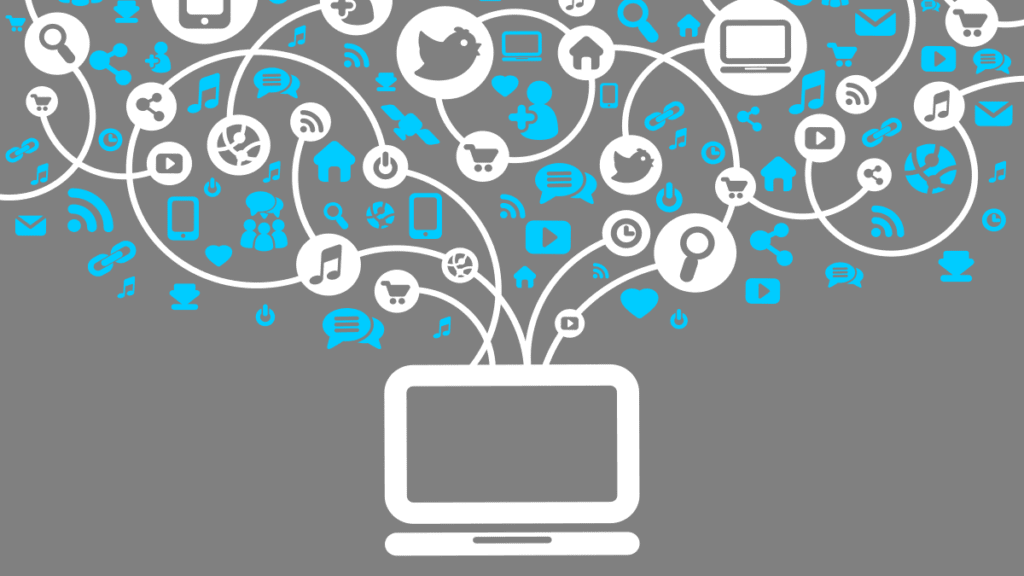Social networks - fighting misinformation, supporting global initiatives

With the new measures of social distancing and self-isolation, technology has become an ever-more essential tool for communication. In fact, our need to stay connected digitally has never been more crucial at a time when social interaction has shifted away from the physical realm to the world of social networking. Digital communication has provided us with the comfort of daily interactions, medical advice and news updates to keep us informed at a time when most of us have been urged to stay indoors.
As such, social networks and online communication services are beginning to see the user impact during this phase of COVID-19. It’s something Mark Zuckerberg, Facebook CEO mentioned in a press call last week, but on Monday, the company provided figures to confirm the surge in use levels.
A report has stated that 70% more people are participating in group video calls using Facebook Messenger week-over-week, and the amount of time spent on group video calls has doubled across the globe. Voice and videocalls on WhatsApp have seen a similar increase with participation use having more than doubled in areas impacted most by the virus.
As we are seeing, the spread of misinformation has also reached alarming levels– with many people questioning the validity of news alerts and medical advice on social media – not knowing what to believe. Platforms like Twitter and Facebook were among the earliest sources of accurate COVID-19 information. But since a great number of the global population have been confined to their homes, social platforms have become a place to exchange thoughts, (false) theories and personal experiences which has drowned out real coronavirus information. Many users may be well-meaning but unknowingly spreading inaccurate information. Oftentimes, those with the loudest voices, namely celebrities and politicians can have the most harmful effects on a community, if they happen to broadcast something that is simply not true.
But although there has been an overwhelming number of fake coronavirus content that serves to instil fear and stir confusion, social media platforms are also providing valuable opportunity for professionals to offer guidance and information to communities who are in need of support. In the UK alone, one million Facebook users belong to one of the 1,000 COVID-19 local support groups on the platform (link to report found above). Facebook today, also expressed their determined efforts to support global initiatives by utilizing social networking services for the greater good. They will continue connecting government health organizations and UN health agencies to their developer partners who will help these entities use Messenger more effectively to scale their response to COVID-19 – in regard to information distribution, general inquiries and query response-time.
Inside Telecom provides you with an extensive list of content covering all aspects of the tech industry. Keep an eye on our Ethical Tech section to stay informed and up-to-date with our daily articles.
